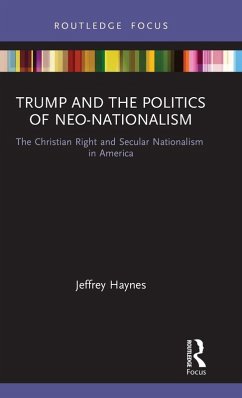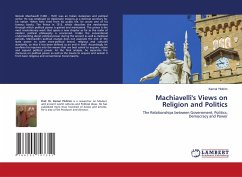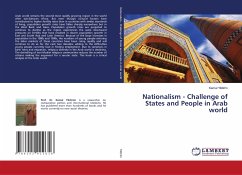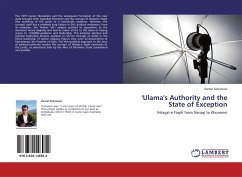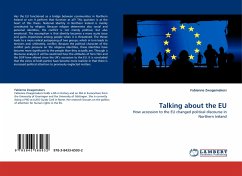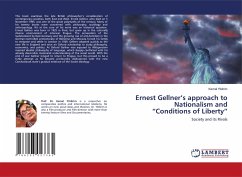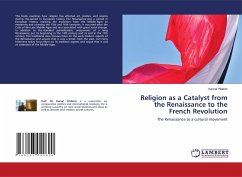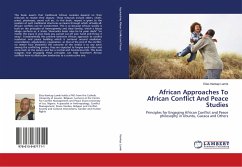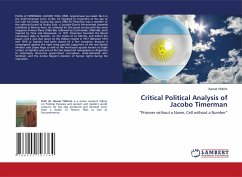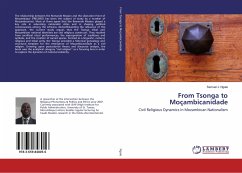
From Tsonga to Moçambicanidade
Civil Religious Dynamics in Mozambican Nationalism
Versandkostenfrei!
Versandfertig in 6-10 Tagen
47,99 €
inkl. MwSt.

PAYBACK Punkte
24 °P sammeln!
The relationship between the Romande Mission and the Liberation Front of Mozambique (FRELIMO) has been the subject of study by a number of Mozambicanists. Most of them agree that the Romande Mission played a key role in educating nationalist elites and in shaping political consciousness among the Africans. Notwithstanding the relevance of this approach, the current study argues that the Tsonga tribal and Mozambican national identities are civil religious constructs. They resulted from sacrificial ritual performances, the expropriation of traditions and symbols, and the creation of sacred space...
The relationship between the Romande Mission and the Liberation Front of Mozambique (FRELIMO) has been the subject of study by a number of Mozambicanists. Most of them agree that the Romande Mission played a key role in educating nationalist elites and in shaping political consciousness among the Africans. Notwithstanding the relevance of this approach, the current study argues that the Tsonga tribal and Mozambican national identities are civil religious constructs. They resulted from sacrificial ritual performances, the expropriation of traditions and symbols, and the creation of sacred spaces. Formed as a linguistic, cultural, religious and tribal unity, the Tsonga provided a historical genealogy and structural template for the emergence of Moçambicanidade as a civil religion. Drawing upon postcolonial theory and discourse analysis, the book uses the analytical category "civil religion" as a focusing lens in order to explore the dynamics of national solidarity.



